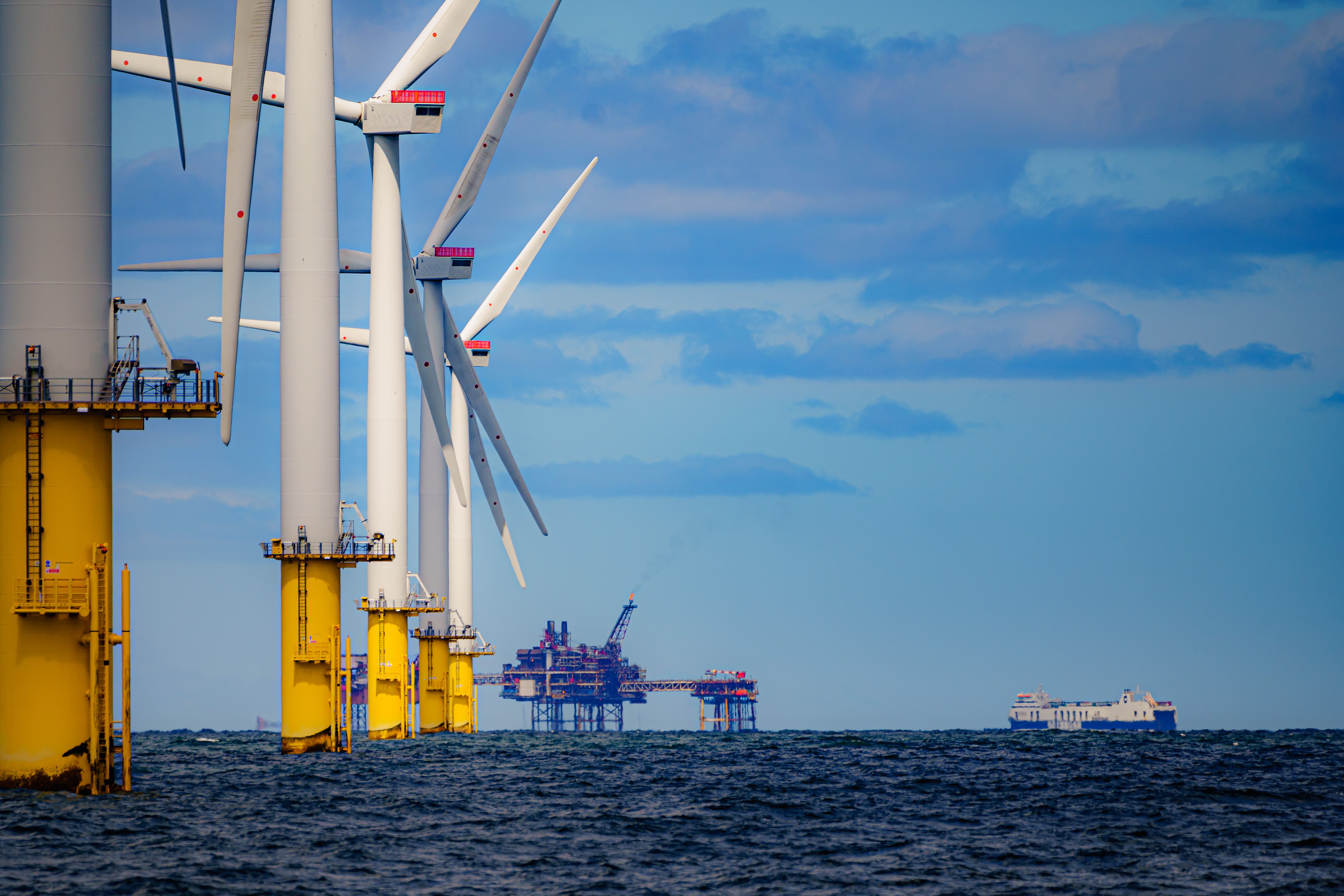Aberdeen could see ‘second renaissance’ with North Sea energy grid, says Brown
A report from Our Scottish Future outlines plans for ‘North Sea 2’, focused on renewables.

Aberdeen could enjoy a “second renaissance” with the creation of a North Sea energy grid linking offshore wind, former prime minister Gordon Brown has said.
A report from his think tank Our Scottish Future said the North Sea could enjoy a second life as a hub for green energy when oil and gas production winds down.
Authored by Nick Butler, a visiting professor at King’s College London, the report outlines plans for “North Sea 2” – an energy system focused on renewables.
It would involve an integrated electricity grid connecting the UK with Scandinavia, the low countries and France, as well as the development of carbon capture and storage facilities.
Hydrogen produced by wind power also features in the plan.
The report acknowledges the new system would require “considerable” investment and will have to rely on private capital.
In his foreword to the report, Mr Brown said: “Instead of us being resigned to fewer jobs and wealth coming from the North Sea in the years to come – and the job numbers running down from the current 120,000 – I can see the combination of three sources of energy: wind power, carbon capture and storage and hydrogen, generating more income and employment and Aberdeen enjoying a second renaissance as a centre for the new North Sea of the future.”
On the plans for a new grid, Mr Brown added: “Norway is ready to discuss a North Sea grid. Germany has already said it favours such a venture.
“All the European Union countries including France, Germany, Belgium, and the Netherlands close to the North Sea have much to gain from such an enterprise.
“Now that the UK has rejoined the North Sea’s wind co-operation group and put offshore wind projects out to tender in a more commercial way, we could start to move forward with confidence.
“By leading on the North Sea grid and making Aberdeen its centre, Britain can be at the forefront of global progress in both offshore wind technology and carbon capture and storage.”
A Department for Energy Security and Net Zero spokesperson said: “We recognise the importance of the grid in the development of renewable energy in Scotland and the rest of the UK.
“That’s why we’re driving forward the biggest reforms to our electricity grid since the 1950s – halving the time it takes to build networks, speeding up grid connections, supporting thousands of jobs and reducing bills in the long-term for families.
“We are also working closely with European alliances in boosting energy security and renewable energy by signing up to Ostend Declaration last year – jointly developing the North Sea into the green power plant of Europe.”
Bookmark popover
Removed from bookmarks